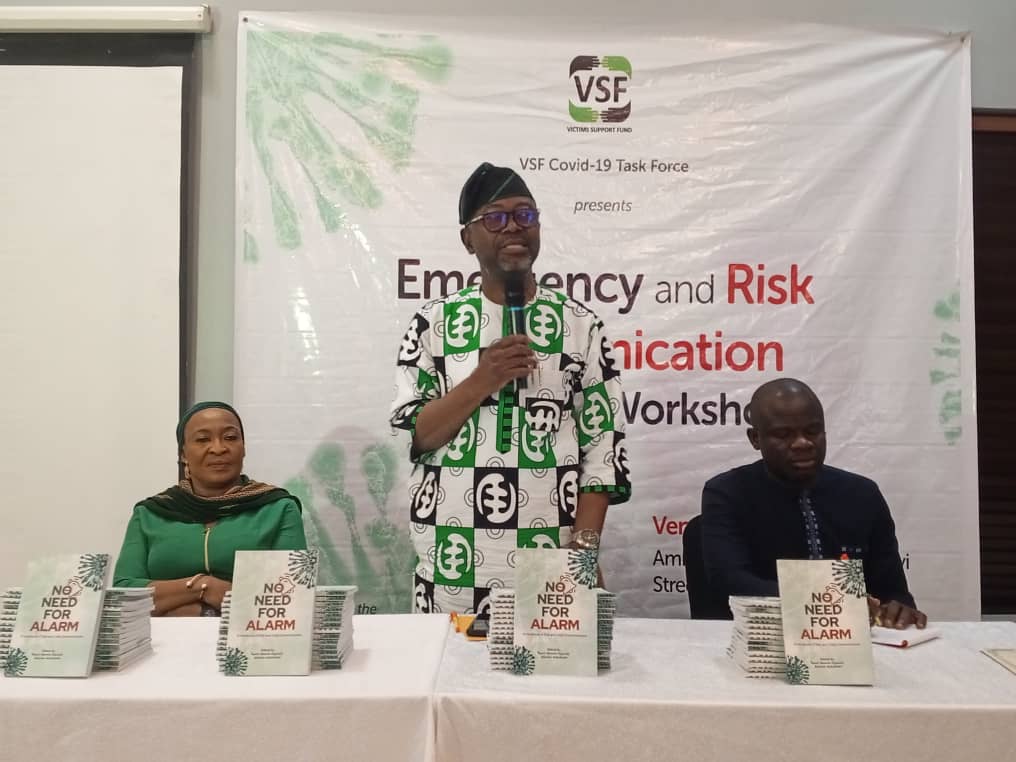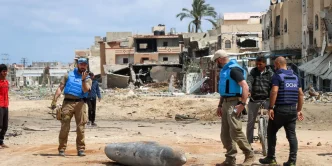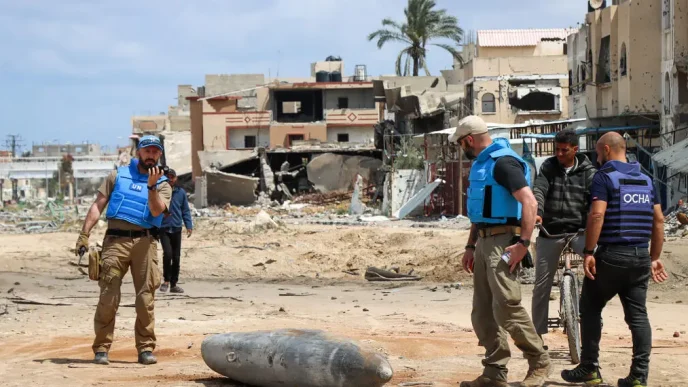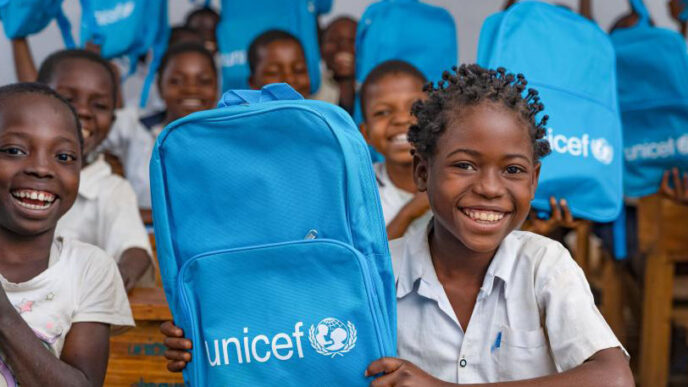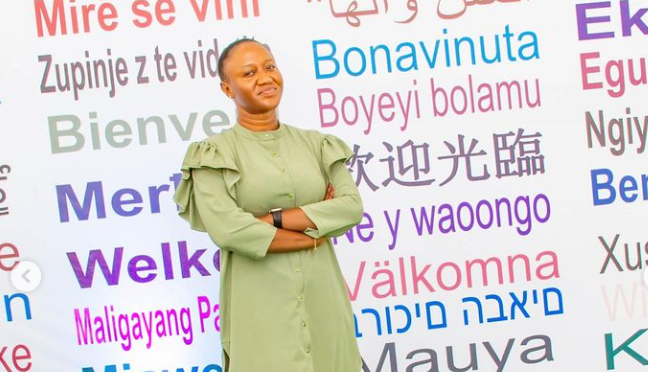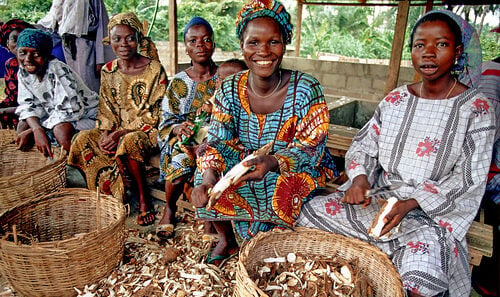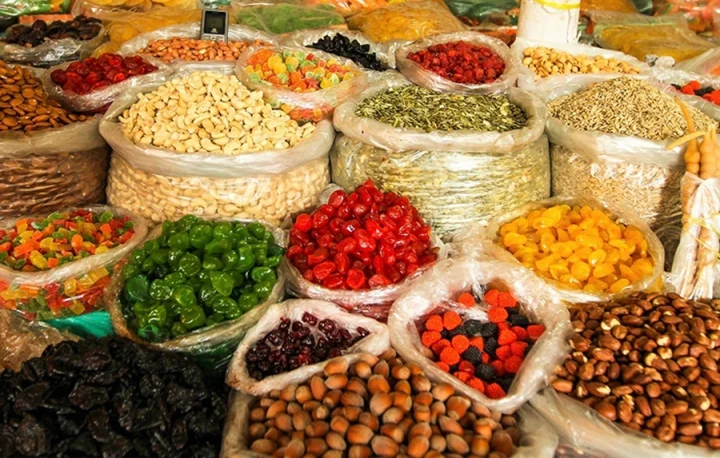Tunde Akanni says the media has an important role of putting out factual and “authoritative” information to the public.
Akanni, an associate professor of journalism at the faculty of communication and media studies, Lagos State University, spoke in Lagos on Saturday during an emergency and risk communication reporting workshop for journalists.
The workshop was organised by the Victims Support Fund (VSF).
Speaking on developmental journalism, Akanni said the right reports, and information from the media can help develop the nation.
Advertisement
“This programme is about the need for journalists to pay attention to the need to ensure that in the course of their activities as professionals, they must always have it in mind that what they do should be supportive of civilisational role of society, otherwise, humanity,” he said.
“We must recognise the fact that it’s only through the media that the generality of the people can have access to authoritative information.
“That is particularly important in this era because now is when we keep interfacing routinely with what has come to be known as the age of media abundance.
Advertisement
“In other words, anyone who can afford to acquire a telephone and can subscribe to data, such a person also has the capacity to put any form of information in public space.
“Whether such information is correct or not, people will have access to it but for us as professionalls, it is incumbent on us to ensure that the information we put in the public space is the truth and must be also such that will empower fellow human beings to take correct decisions on all diffeent facets of human life ranging from health, to family, to education.”
On negative narratives about Africa and how journalists can correct perceived misinformation, Akani urged media professionals to do more by consciously and deliberately telling African stories and sharing progressive information about the continent.
“For us as media professionals, now with the convergence of all media genres limiting the differences between our operations, our performances, we’ve got to do far more than what we used to do in the past,” Akani said.
Advertisement
“In the past, in a place like Lagos, we used to have evening newspapers but who will buy them again when as a matter of fact, the moment an event is happening, it is out there.
“What that means is that we must brace up with the tide, the technology that has come to aid and propel our practices.
“We must make up our minds to consciously tell our own stories. It is up to us to ensure that we put more correct information about us in public space than anyone will do.
“We must endeavour we tell our own stories as much as possible and be positive with our presentations if we don’t want the negative versions that may be preferred by some other persons about us.”
Advertisement
‘REPORTING CRISIS ACCORDINGLY’
Also speaking, Alkassim Abdulkadir, former spokesperson of VSF COVID-19 taskforce, said the workshop is an opportunity for journalists to brush up their skills on how to report crisis.
Advertisement
“We live in a society that is plagued by pandemics from time to time. As we are talking now, monkey pox is ravaging the African continent and we’ve already reported cases in Nigeria,” Abdulkadir said,
“It means that the retooling and upskilling reporters is very important. They have to be adequately equipped for them to be able to do their jobs. For them to be able to learn the strategy of reaching the people on how they should take care of themselves when there is a pandemic.”
Advertisement
At the end of the workshop, a book titled ‘No Need For Alarm: A Handbook of Risk and Crisis Communication’ was launched by VSF.
Alkassim said the book contains ideas, concepts, and plans on how journalists should tackle the reporting of pandemics.
Advertisement
“With this handbook, if reporters are able to adequately go through it, then they will learn new strategies on how to reach new audiences in terms of reporting pandemics,” he said.
Add a comment
